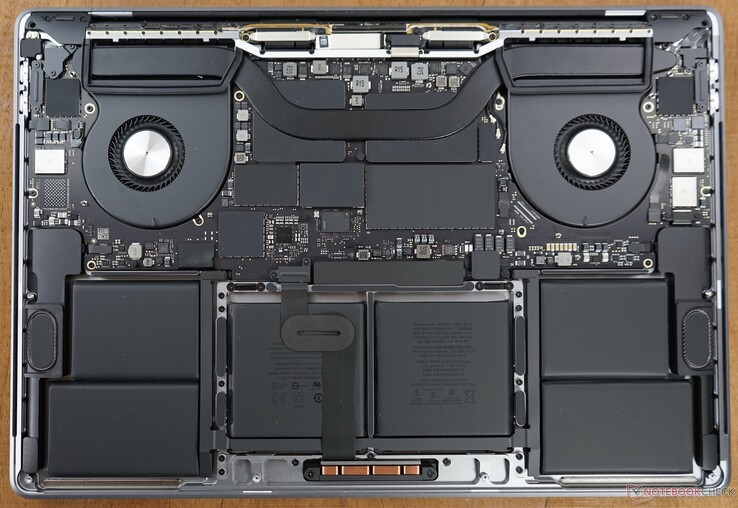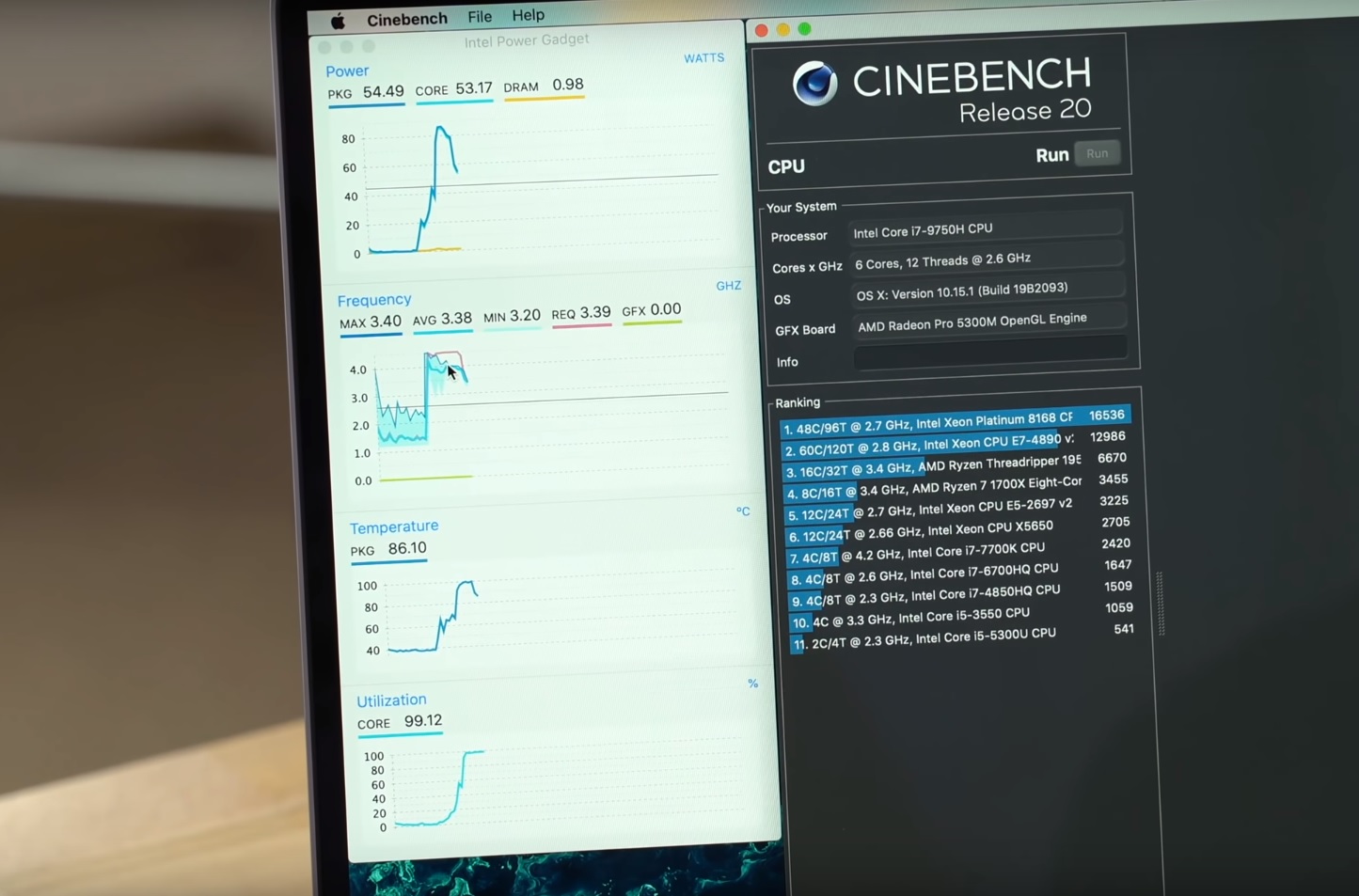

The Multi-Core Score is especially relevant, as most modern applications make use of multiple cores in a CPU all at once, which means that a higher Multi-Core Score directly translates into better general performance in most cases. Having two additional cores gives significant rise to their Multi-Core Score, as seen above. The reason for this is that the i9 processors both have two additional physical cores compared to the i5 (8-Core CPU vs. MacBook Pro 15" 2019, 2.4 GHz Intel Core i9-9980HK Octa Core:Īs you can see, the two i9 processor options are much more powerful than the 2.6 GHz i7 processor.


MacBook Pro 15" 2019, 2.3 GHz Intel Core i9-9880H Octa Core: MacBook Pro 15" 2019, 2.6 GHz Intel Core i7-9750H Hexa Core: I'll show you he Geekbench scores in the following (higher is better): Well, as a very first step, I think it makes sense to take a look at the respective Geekbench scores measuring CPU performance, so that you get an idea of the performance differences between the individual processors. But then, I realize that you want a MacBook Pro with a 15" screen, so the question i7 vs. A MacBook Pro 13" 2019 or even a MacBook Air could handle those tasks just fine. Let me prefetch this by saying that all the machines described in the following, no matter if i7 or i9, are vastly overpowered for that purpose. Mostly using it for web browsing, watching movies, and running programs like Excel.


 0 kommentar(er)
0 kommentar(er)
